The Open Horizons section of the Thessaloniki International Film Festival screened Whispers of War, directed by Florian Hoffmann. This is an interesting film whose development began in 2016, with meticulous research and documentation work on one of the lesser-known facets of the Kurdish-Turkish conflict: the media war. The film narrates the grief of Khalil, a schoolteacher in Berlin, who refuses to consider that his sister has died at the hands of the Turkish army, and who clings to her disappearance in the hope of finding her alive.
The blockade of news about the attacks on the civilian population and the daily aggression to which the inhabitants of Cizre and other Kurdish towns are subjected, with the presence of tanks and institutionalised violence by the Turkish army, has meant that the streaming footage broadcast on the internet is the only testimony that the victims can send to other countries, in the hope that their voices will be heard. However, these whispers of war are drowned out by other, more popular news stories that are prioritised in television and newspaper newsrooms, through lobbying pressures exerted from several European countries.
In one of these films, Khalil thinks he hears his sister’s voice and recognises her as the person whose filming is staking her life on, and asks his contact in Berlin to arrange a call with her. From that moment on, the fighters in exile put pressure on him to get his journalist girlfriend to broadcast the images, which they send to the West hidden in small household appliances, in exchange for arranging this long-awaited meeting. The laws of the information market are implacable and the difficulties of broadcasting a story that lacks the spectacularity required to keep the attention of the public from changing the channel, force them to go beyond the limits of journalistic ethics in a twist that turns up the volume, doubles the sound of the shooting and multiplies the echo of the screams of terror… In war as in war and information is a powerful battlefield whose limits this film fearlessly explores.
Truth is not enough and that is one of the powerful messages Florian Hoffmann sends us in Whispers of War, but not the only one. The trauma of the past and the efforts to build anew in a foreign land in which a new microcosm is constructed with compatriots and enemies, transfer the conflict to a new scenario, where the clashes take place in the streets, in demonstrations guarded by the German police and in classrooms where children on both sides reflect the attitude of their own parents.
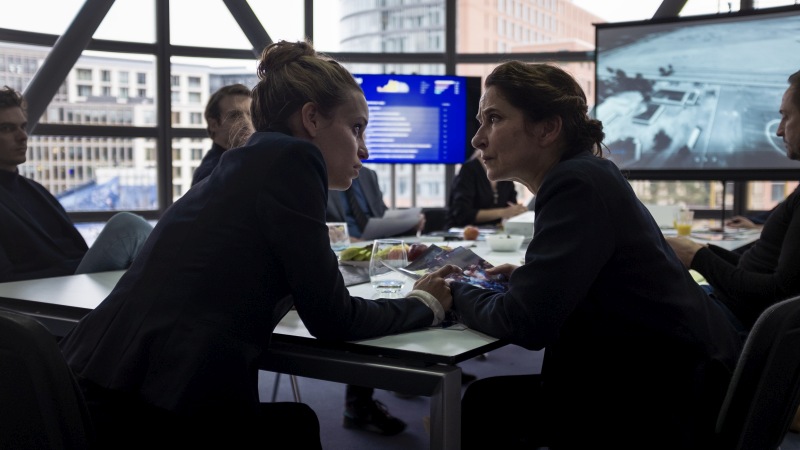
The director, who has had first-hand experience of the conflict and has grown up surrounded by Kurds and Turks, has reflected on a multi-faceted issue, preferring the fiction format to the documentary, in order to show the impact of the confrontation on the family, in the intimacy of a couple, expressing the extent to which behaviour and emotions can be modified. Two of the film’s sequences condense what has driven the director to create his film: In the first, in the middle of the night in a lonely and silent television newsroom, Khalil (Hadi Khanjanpour) and his girlfriend Leila (Kristin Suckow) manipulate the clandestine recording so that it reaches the requirements of an anaesthetised audience, incapable of being moved by the pain that has desensitised them by dint of repetition. A few days earlier, it was a pupil who had filmed a class visit to the same newsroom and it was the teacher who had innocently edited the video. In the other, the conflict that has arisen in the classroom between a Kurdish girl and a Turkish boy forces the teacher and the boy’s father to be summoned, and in an awkward wait in a school corridor they break the ice with jokes about their own conflict.
The silenced wars, disseminated according to the needs of the information and political lobbies – among which we could include the Saharawi-Moroccan conflict -, the need to raise our voices, to shout, to overcome these sterile whispers, as well as the manipulation of information and conflicts between peoples and nations, their penetration into the private sphere and the “contamination” of other distant societies that have taken in immigrants and refugees, are burning issues that alone deserve more than one film. Hoffmann, with enormous ambition, covers a great conflict with a great perspective and multiple facets, managing to get his message across to us and above all opening up a reflection that goes as far as to glimpse dialogue as a solution without ever losing hope.



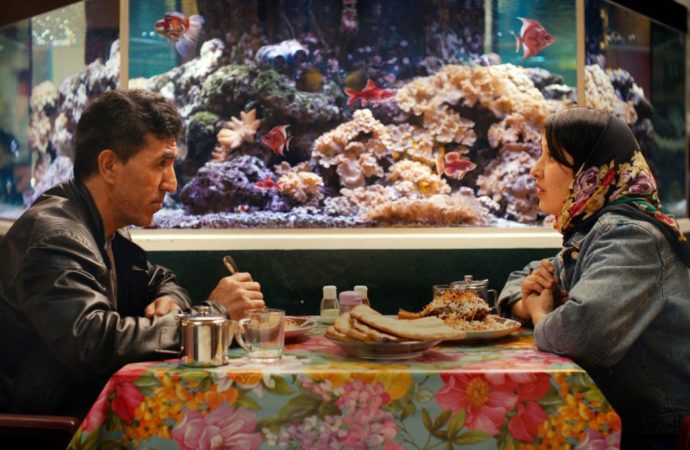

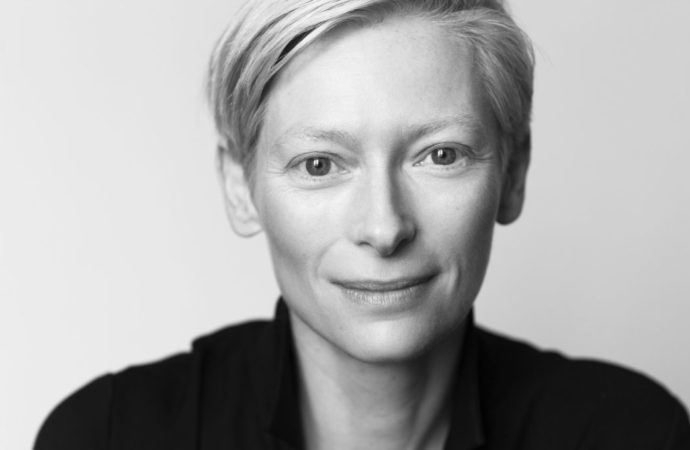

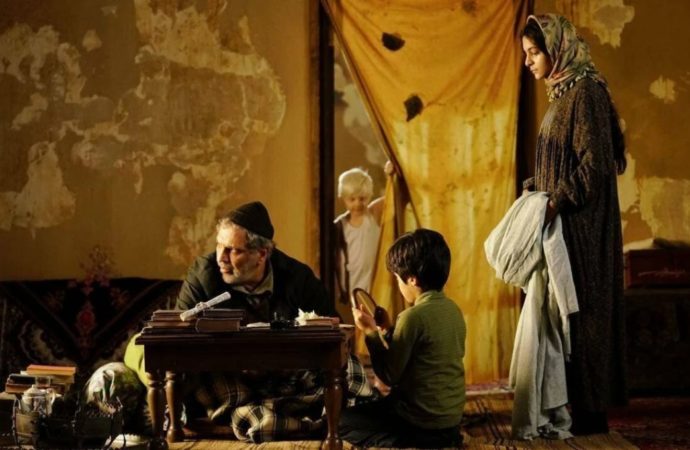
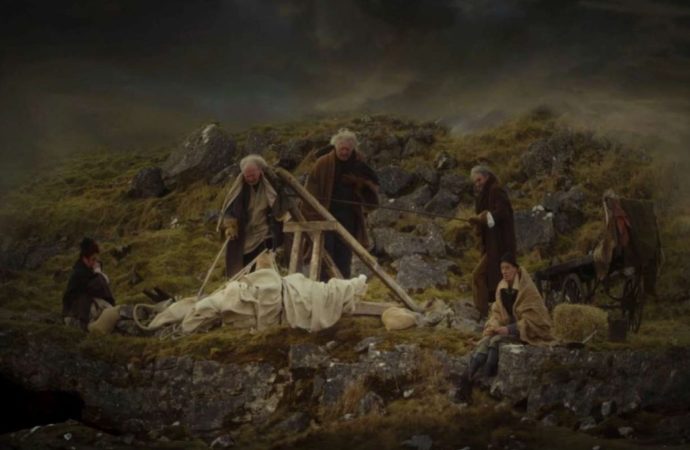
No one has posted any comments yet. Be the first person!